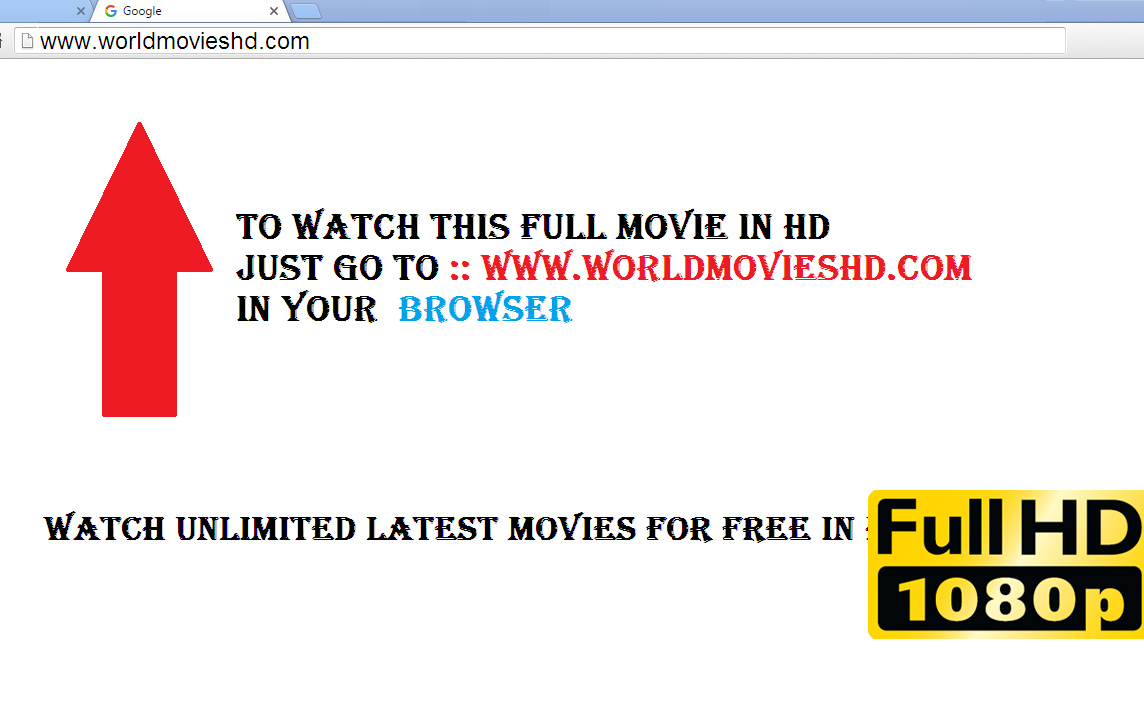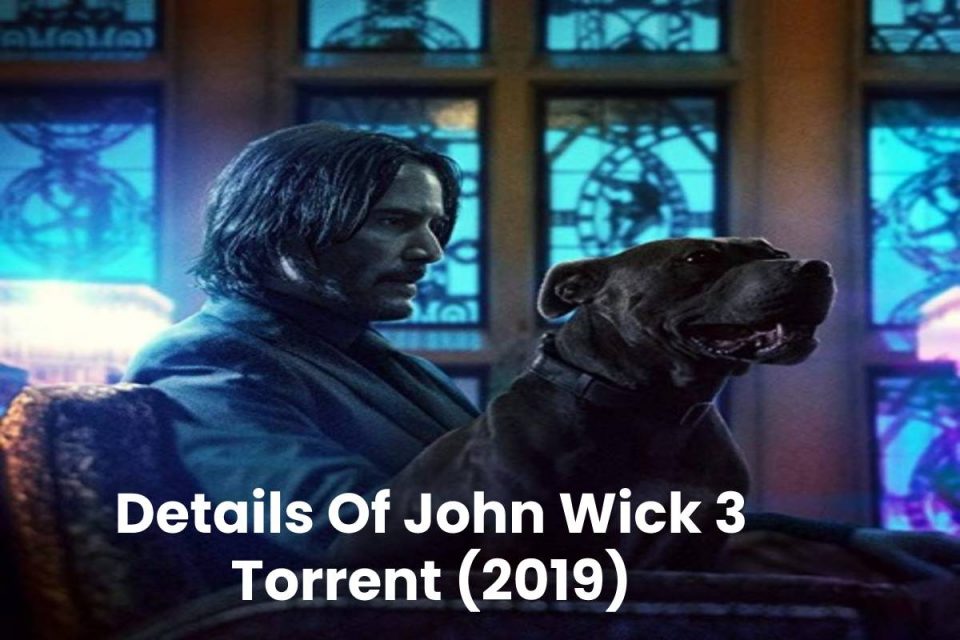

(Jumping ahead slightly, when we did decline the offer, uTorrent installed itself and honoured our request not to receive the Five Knives download.) The dialog window was opted-in to the offer, but we were admittedly free to decline the offer before clicking next. When we tried the installation, uTorrent tried out two foistware steps.įirst, we received a Special Offer for BitTorrent Users, recommending something called a “Five Knives Bundle”: (In this context, u- is read as the Greek letter μ, pronounced “mew” in English, being the scientific abbreviation for “micro-“.) The use of foistware as a product marketing strategy is in the spotlight again, this time thanks to BitTorrent, Inc., makers of the small-and-simple Torrent client uTorrent. So the first order of business is to notify the community so that nobody else falls for this scheme. Then the next time the user opens their browser, they find that their computer is hosed with crappy toolbars, Bing searches, Microsoft as their home page, and whatever other shenanigans the software performs! The worst thing is that users will think we (Nmap Project) did this to them! The problem is that users often just click through installer screens, trusting that gave them the real installer and knowing that the Nmap project wouldn't put malicious code in our installer. (In fact, CNET simply rebundled NMAP because it was free software, albeit not free-for-all.)Īs Gordon Lyons, the creator of NMAP, wrote with understandable angst at the time: The NMAP case was made worse by the fact that CNET not only implied some sort of agreement between NMAP and the toolbar company, but also implied an agreement between CNET and NMAP to provide a modified NMAP installer in the first place. We don’t really agree with that, but we’ll go with “opt-in” on the grounds that the installer doesn’t proceed until you have had a chance to review the page and (here’s where the semantics get tricky) opt out of the additional component.Īnother well-reported – nay, infamous – “foistware” example from a few years ago was CNET’s bundling of a browser toolbar with the popular network security tool NMAP: We’ll take the view for now, just to keep things simple, that an optional offer that is turned on by default can be considered “opt-in.”

One well-known example of foistware is Adobe’s Flash Player installer, which typically urges you to install Intel’s McAfee Security Scan Plus product at the same time: That’s where you decide you like product X, so you download it and install it.īut during the install process, it suddenly recommends other software, and if you aren’t careful, you end up downloading and installing that as well. You’re probably all-too-familiar with “foistware.”


 0 kommentar(er)
0 kommentar(er)
